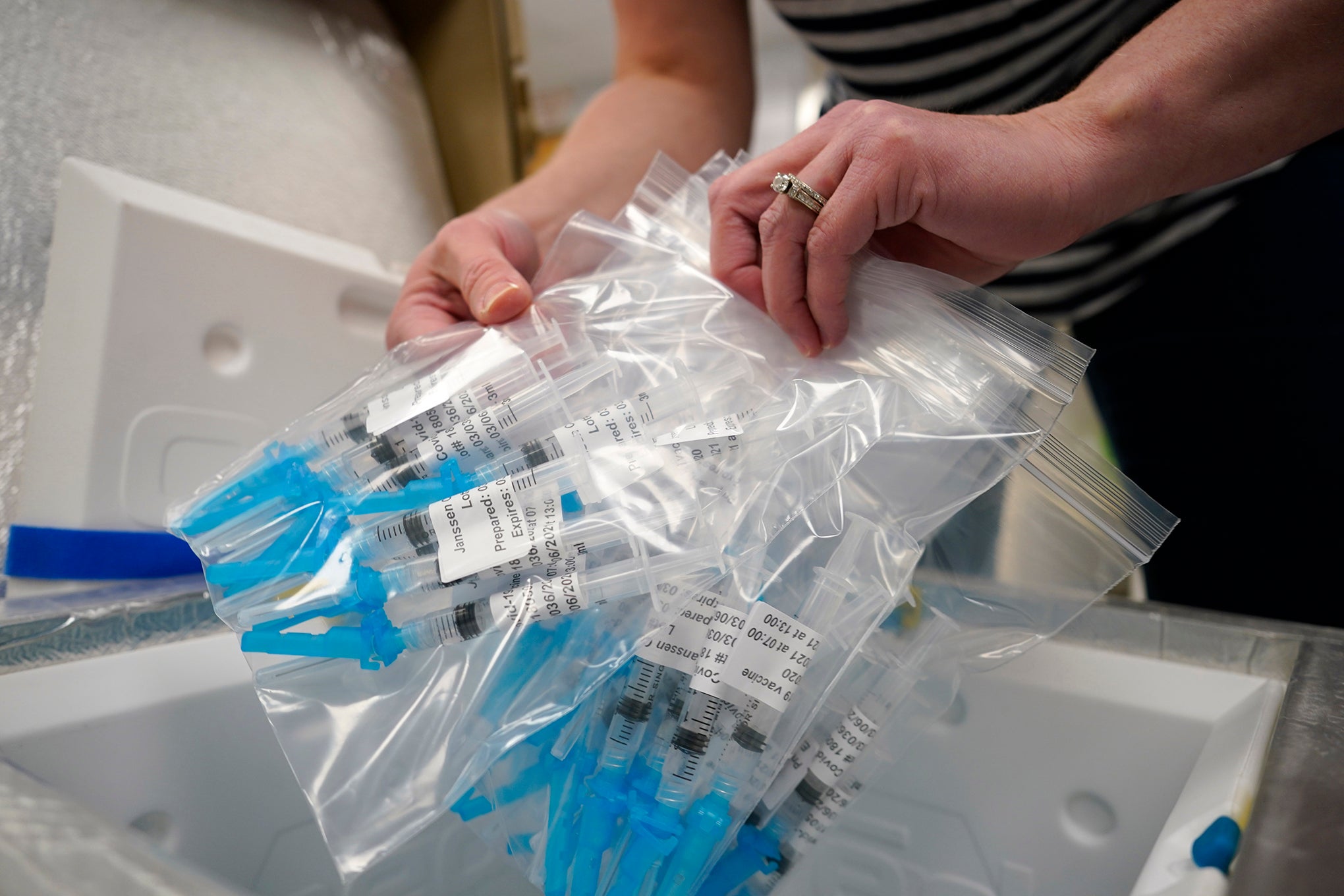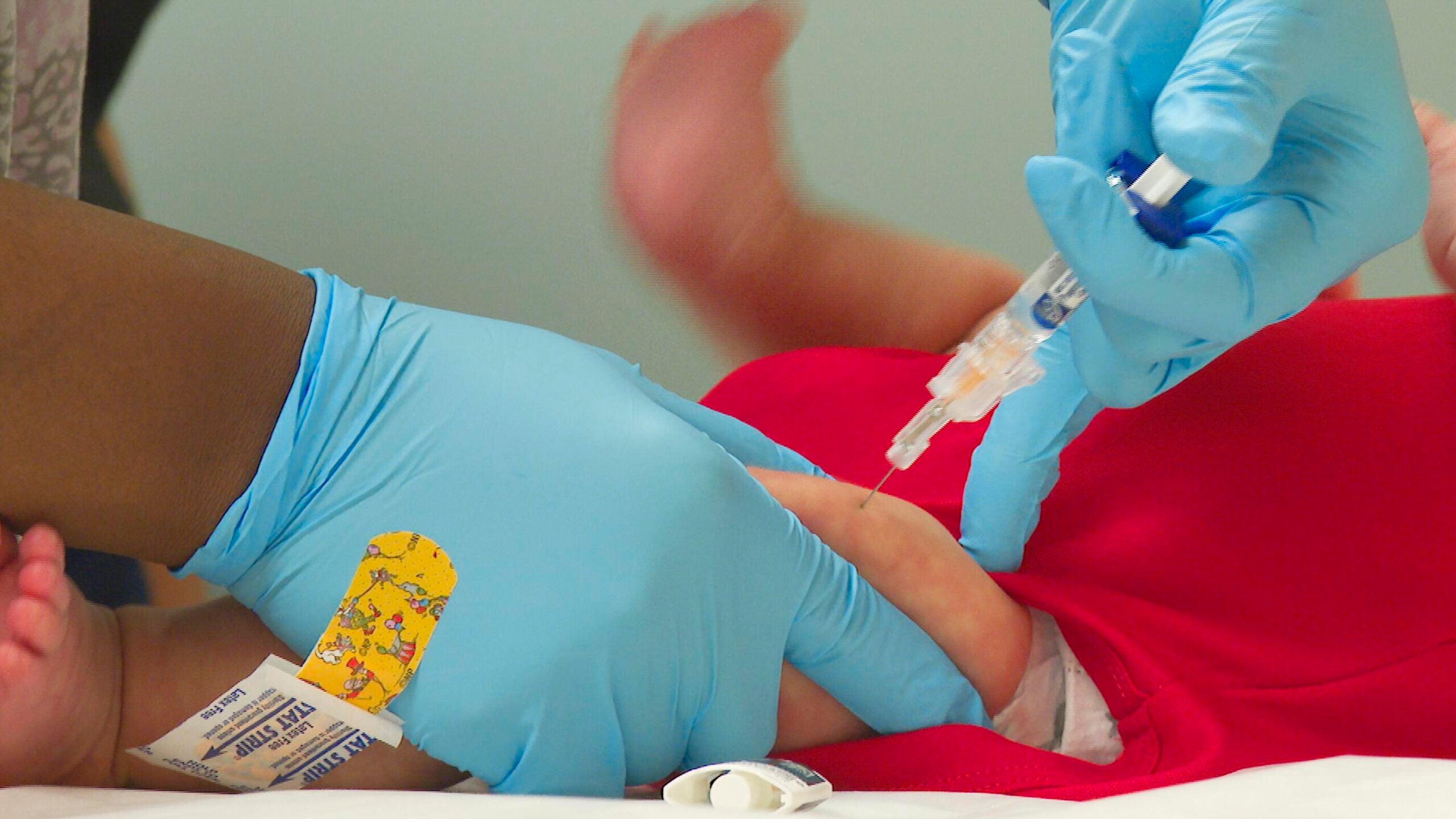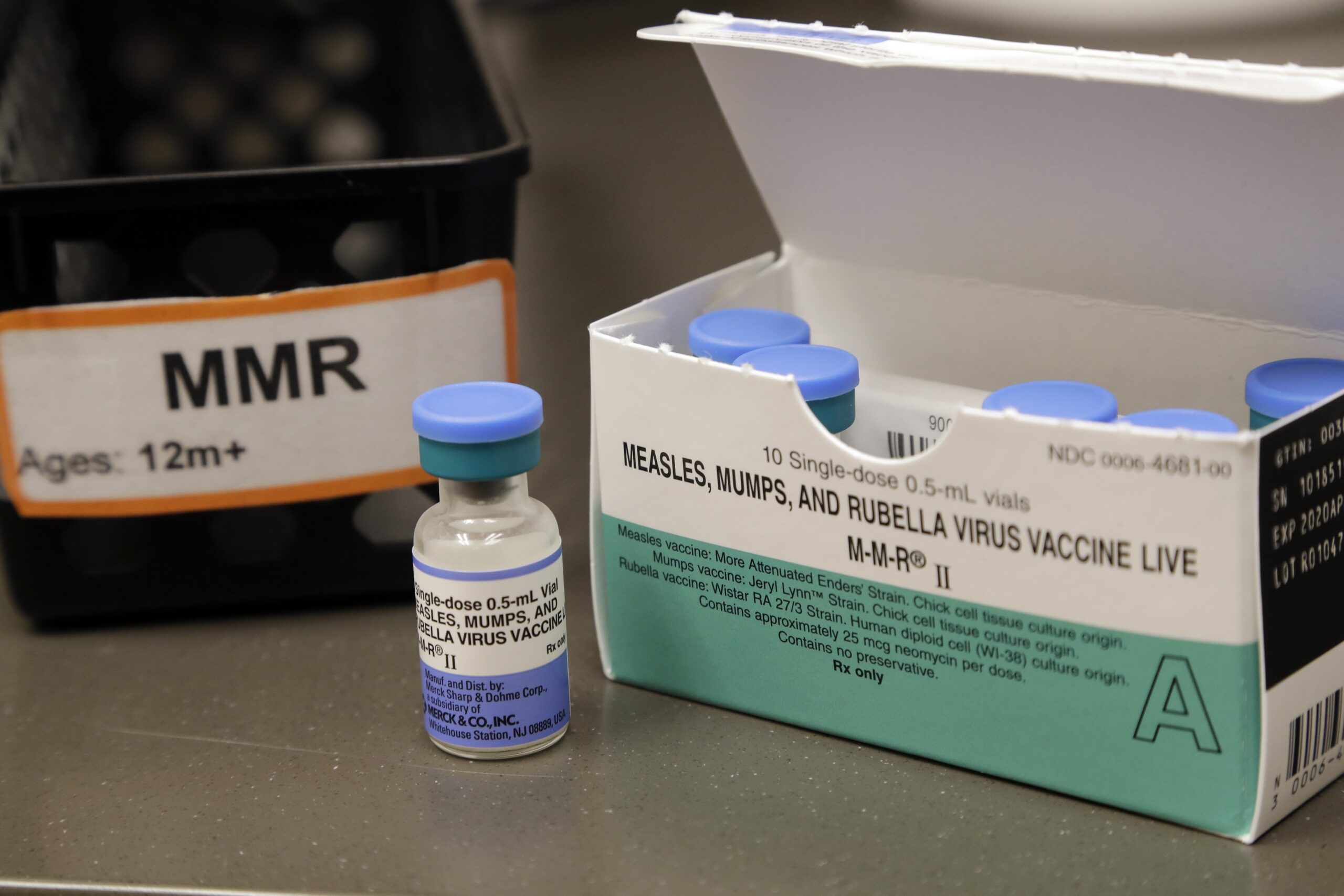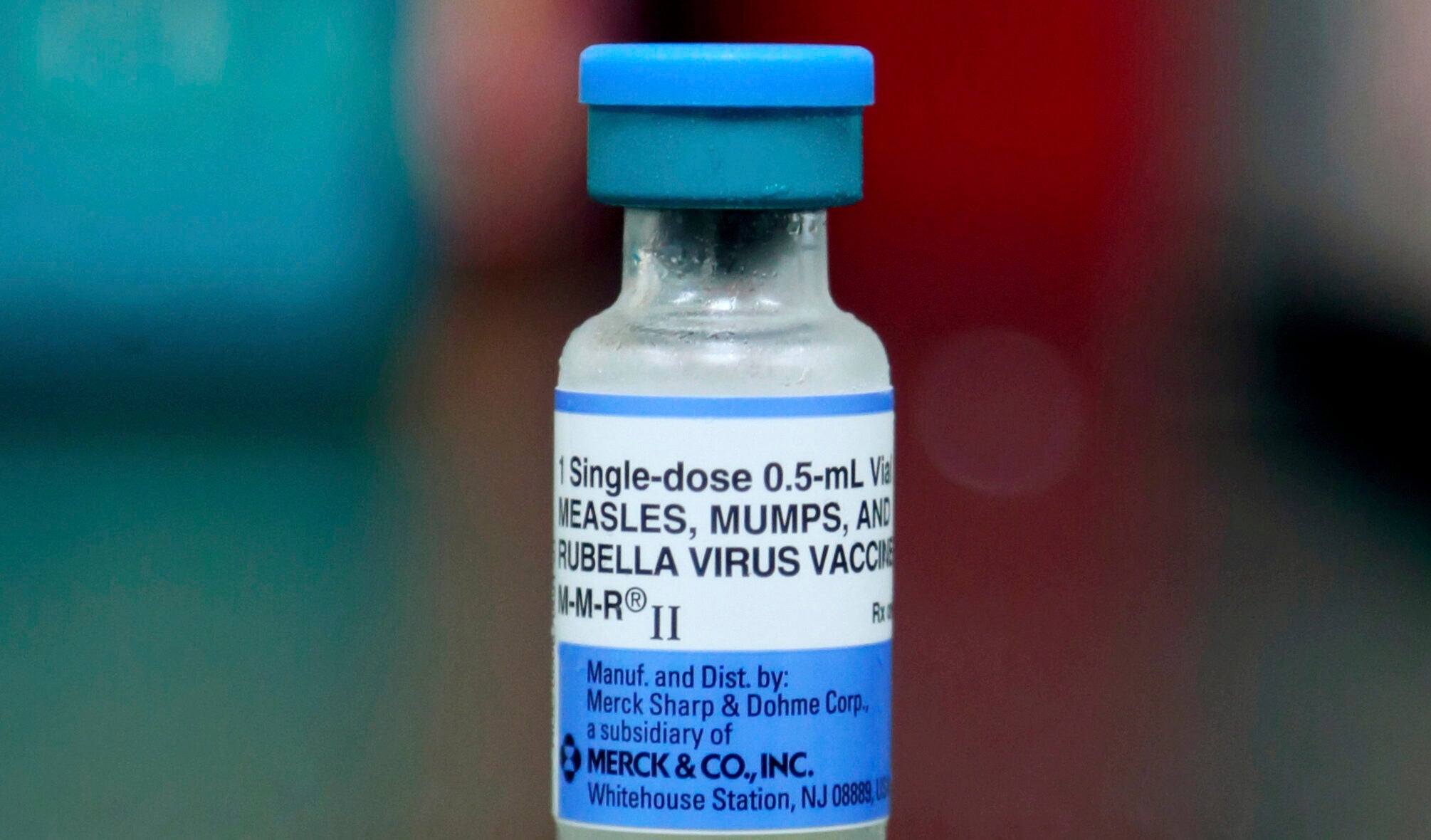The one-and-done convenience of the Johnson & Johnson vaccine made it a go-to for many nonprofits and congregations hoping to get their communities protected against COVID-19. But after the vaccine was briefly paused in the spring, there has been hesitancy among those organizations to offer the J&J vaccine.
Community advocate Lorraine Lathen is a member of St. Mark African Methodist Episcopal Church on Milwaukee’s Northside. She said the church has served as a COVID-19 testing center and vaccination site throughout the pandemic and used the J&J vaccine because its single dose was ideal for the congregation’s population.
But when the Centers for Disease Control and Prevention and the U.S. Food and Drug Administration recommend pausing the use of the vaccine to investigate reports of potentially dangerous blood clots, Lathen said everything changed.
News with a little more humanity
WPR’s “Wisconsin Today” newsletter keeps you connected to the state you love without feeling overwhelmed. No paywall. No agenda. No corporate filter.
“A lot of work was put in just to build the confidence (in the vaccine),” Lathen said. “We felt like we made a lot of progress, and now we feel like we have to rebuild that progress.“
St. Mark now offers the J&J and Pfizer vaccines. And Lathen noted that most people prefer the Pfizer vaccine, which takes two doses.
Those preferences are reflected in the state’s data on vaccine administration. According to the state Department of Health Services, only 219,834 doses of the J&J vaccine have been administered. By comparison, there have been about 2.2 million doses of Moderna, also a two dose vaccine, and 2.9 million doses of the Pfizer vaccine administered to Wisconsinsites since December.
As a result of lower demand, health departments across the country are finding themselves with more J&J vaccine than they can use.
In Milwaukee County, the health department has 1,147 J&J vaccine doses that will expire Aug. 5 and 1,200 that will expire Aug. 7, according to spokesperson Emily Tau.
Tau said the county is seeing success in administering the J&J vaccine at several mobile clinics where people don’t want to worry about setting up a second shot.
“The percentage breakdown between Pfizer and J&J varies from clinic to clinic,” Tau said. “I’m sure there is still some hesitancy, especially with women under the age of 50, but there is a demand for it as well.”
Darren Rausch, who heads the Greenfield Health Department outside of Milwaukee, said in the next few weeks about 200 doses of J&J vaccine would expire.
“We have exhausted all options of trying to get rid of the vaccine,” Rausch said.
Rausch said his department prepared for a long, drawn out vaccine campaign through the end of June, but in May there was “a precipitous drop in vaccinations given on a weekly basis.”
“It’s really just an unfortunate situation that we are flush with vaccine now, so unfortunately will have some waste here, but we continue to give it to anyone who comes in,” Rausch said.
Dr. Ben Weston, director of medical services at the Milwaukee County Office of Emergency Management, said every vaccinator is worried about waste.
“The strategy at (the) state and local level is to not waste any vaccine,” Weston said. “It’s to look for an opportunity to get someone vaccinated or protected.”
Vaccinators recieved good news from the makers of the J&J vaccine last week, a FDA review concluded the shots would remain safe and effective for six weeks after their current expiration date, according to NPR.
In February, the FDA authorized the vaccine for up to three months when stored at normal refrigeration levels, now the J&J vaccine can be used for four and a half months.
Jennifer Miller, spokesperson for DHS, said at the time of extension, the state had about 30,000 to 40,000 doses of the J&J vaccine.
“Now that the expiration date has been extended to August, we expect vaccinators who have supplies of the vaccine on hand to use them or share them with other vaccinators in need,” she said.
Wisconsin Public Radio, © Copyright 2025, Board of Regents of the University of Wisconsin System and Wisconsin Educational Communications Board.







